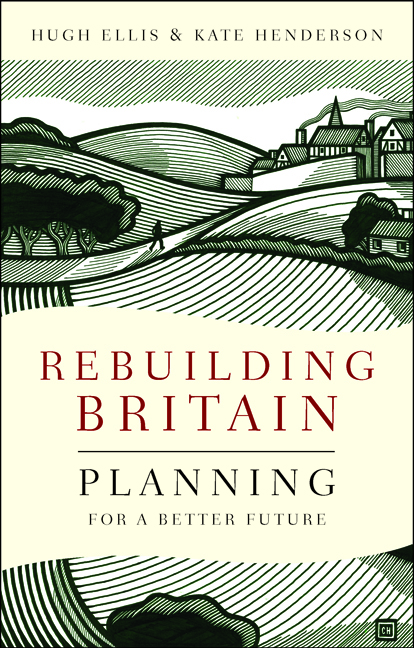5 - A divided nation
Published online by Cambridge University Press: 04 March 2022
Summary
It is the very poorest of the young who are suffering the most, but the living standards of the average young person in Britain are also deteriorating and young people's hopes are evaporating. (Danny Dorling, 2013)
British society is particularly unequal. This inequality has many differing aspects. It is partly about the growing differences between the income of the rich and poor or the number of children judged to be living in poverty. The disparities between health and education outcomes flow from these inequalities. Almost 13 million people are living in poverty in the UK, however there have been big shifts in terms of which groups are experiencing poverty.
Due to a sustained and ‘unprecedented’ fall in their living standards there are, for the first time, more people in working families living below the poverty line (6.7 million) than in workless and retired families in poverty combined (6.3 million).
Inequality is about individual experience, but it is also about the difference between those places on the up and those in what can seem like terminal decline. Places are different and reflect their history and geography. Their wellbeing also reflects our political priorities and investment decisions which flow from them. For example, for almost 40 years governments all kinds of political persuasion have prioritised the development of the South East of England.
Despite much rhetoric from successive governments about ‘rebalancing the economy’ in Britain, all of the signals show a reverse trend. A study of the current government's 2011 autumn statement on investment in transport infrastructure highlighted the scale of this disparity with 84% of planned spending going to London and the South East and just 6% going to the North of England. When you look at what this means for transport investment spend per person the outcomes are revealing. The deal for Londoners is that over £2,700 was allocated per person (more than for all of the other regions together), where as if you live in Yorkshire and the Humber the spending is around £200 per person. The worst outcome of all is in the North East, where each person would have the equivalent of just £5.
The logic of decisions by government, like the one illustrated above, is that the South East region is part of the demographic and economic core of Europe; that geography cannot and should not be undone.
- Type
- Chapter
- Information
- Rebuilding BritainPlanning for a Better Future, pp. 41 - 48Publisher: Bristol University PressPrint publication year: 2014



